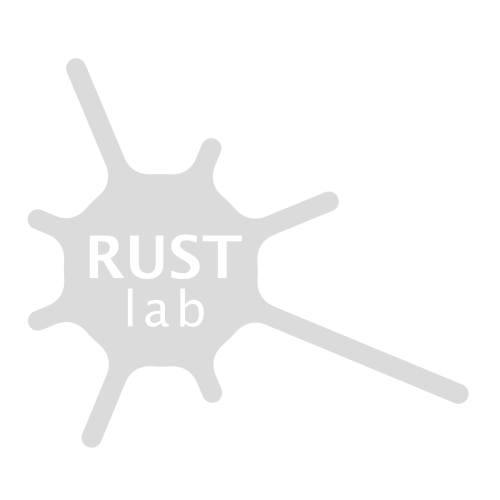Comment by Laura
In this term’s theme, we set out to inquire into the tension between data and experimentalism. We see they are in tension particularly when understanding data according to big data rhetorics and extractivist practices. Data in that understanding is an abstraction that requires little context or knowledge about the socio-material assemblages that lead up to its existence. Experimentalism, then, is the opposite. Inspired by American Pragmatism, Experimentalism requires the first-hand experience, from which knowledge becomes possible. To touch, to feel, to do yourself are modes of knowing in experimentalism.
What is this about?
For the winter term of 2020/21, we have given our lecture series a guiding theme, which is: Data & Experimentalism. We inquire into how pragmatist experimentalism can conceptually and practically help re-tooling social scientific practices, and how data may engender, contradict, combine or in other ways be involved in this. Here is our second reflection, written by Laura. All the reflections will be collected here.
Ana Delgado’s rich material from almost a decade of studying synthetic biology offers two examples that demonstrate two ways in which biology is opened and thereby offers two different readings of the pair data and experimentalism.
Ana points to two different groups in tension in synthetic biology: experimentalists and computer scientists. The former argue that data can not be shared easily without knowing first-hand the experimental setting, having research skills and a “feeling for the experiment”. The latter are eager to build standardized platforms where data can be shared to form a “plug and play” biology. Attempts of standardization, however, have failed so far, as the need for the first-hand experience of experimenting prevails, so Ana. In this reading, data stands in contrast to the experience of the experiment.
However, she also offers another reading of data and experimentalism: Aside from academic synthetic biologists, there exists an activist movement of former undergraduate students that have invented DIYbiology. In workshops and with household items they teach interested citizens to employ laboratory methods to do their own inquiries. For example, in the project “BioStrike” where citizens are taught to test soils for antibiotic resistance. The goal of these workshops is less to produce standardized and reproducible results, so Ana, rather than to experiment and experience biology. Photos of soil samples are shared online on “Flickr” and grassroots databases are established.
In this second reading, data and experimentalism are no opponents, but data enables experience, testing and collaboration in a community of activist biologists. Data acts as a facilitator for experience rather than as a standardized representation as it did in the first reading. Data, here, aids to “experience, testing and cooperating” (Bogusz 2018).
I find both examples fit nicely with our attempt to explore further the relation of “Data and Experimentalism”. We must acknowledge their tension in some settings but also the capacity of data to facilitate experience, testing and cooperation that align with Experimentalism. Particularly, the latter is how we approached data in our own data projects as the RUSTlab: as a mode of experience, among others.
